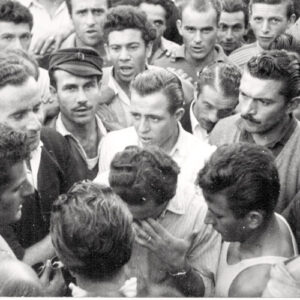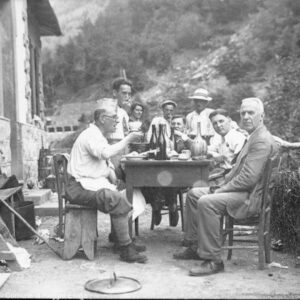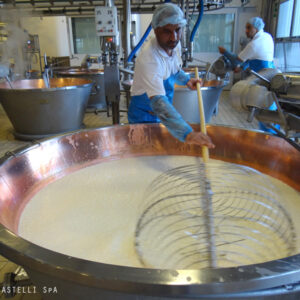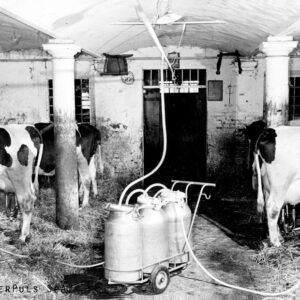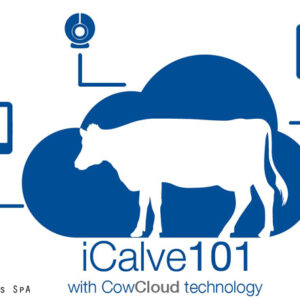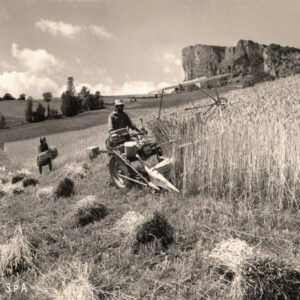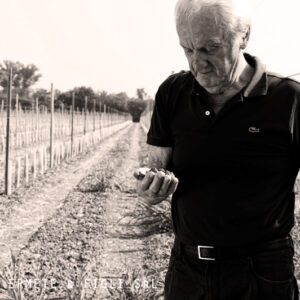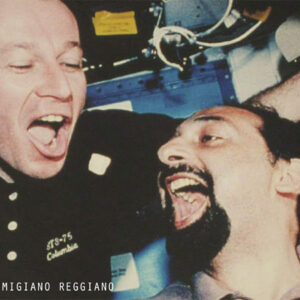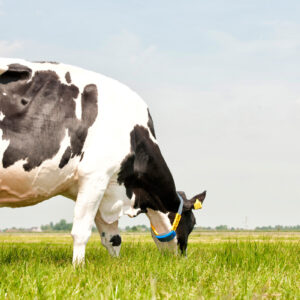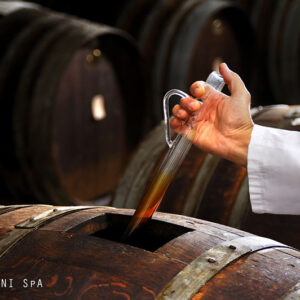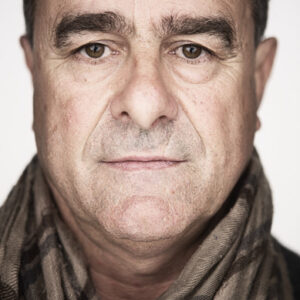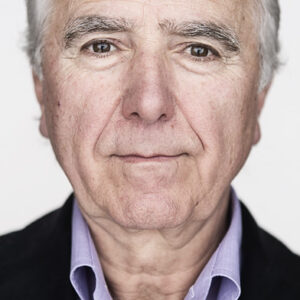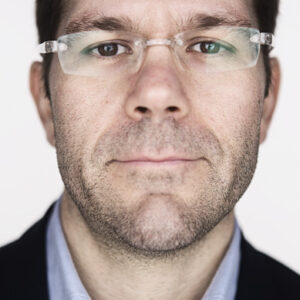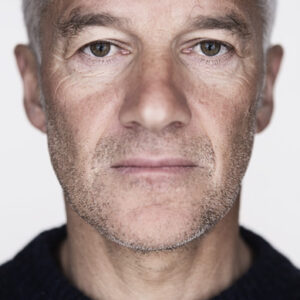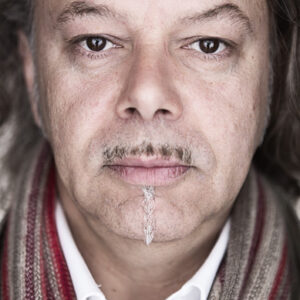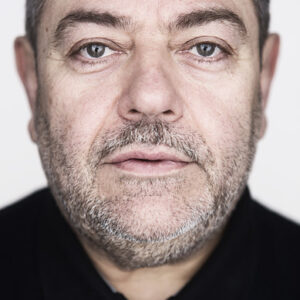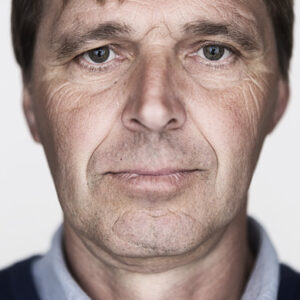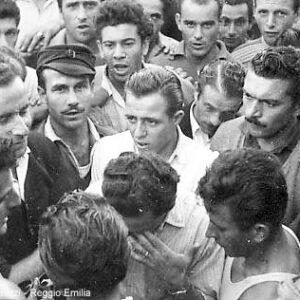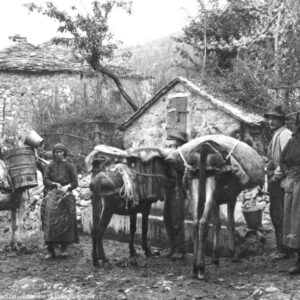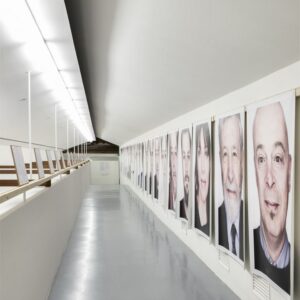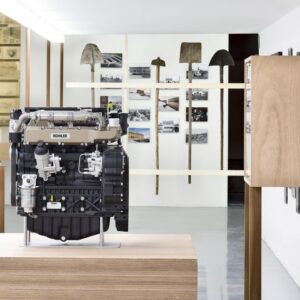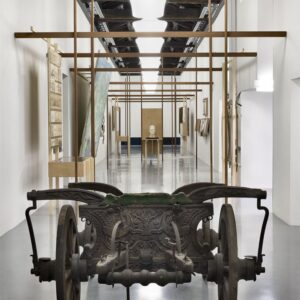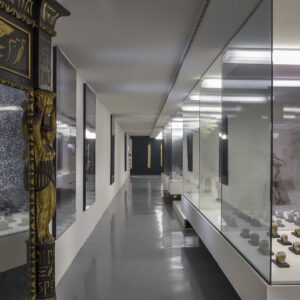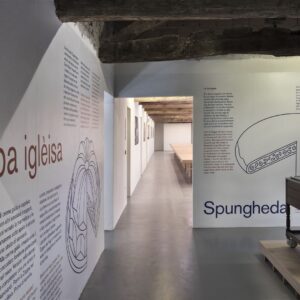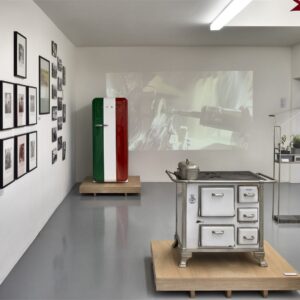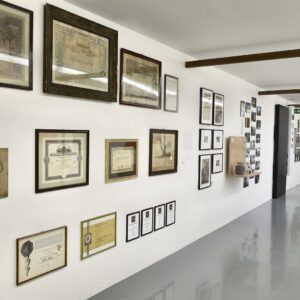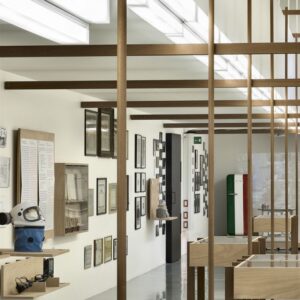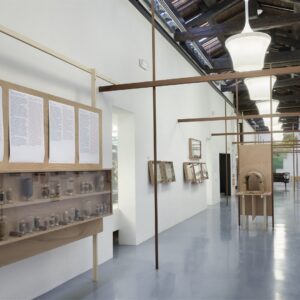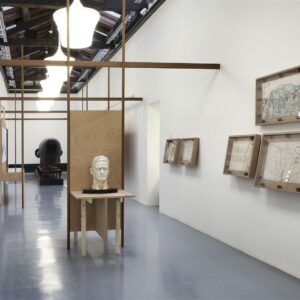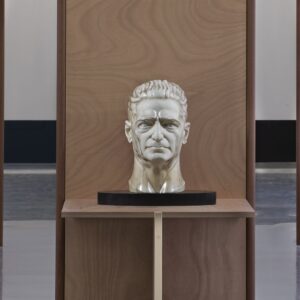NOI
Storie di comunità, idee, prodotti e terre reggiane
L’acqua è vitale per tutti, ma è anche all’origine di grandi timori, soprattutto per chi si occupa di agricoltura.
L’accesso all’acqua è ormai dato per scontato, almeno per noi che viviamo in Occidente: basta aprire il rubinetto. Eppure, ancora oggi, lo sfruttamento idrico è frutto del lavoro e della visione di decine di generazioni che insieme hanno imparato a dominare il fluire instabile dei corsi d’acqua e a bonificare le terre insalubri per trasformarle in canali e sistemi d’irrigazione che nutrono i terreni.
Le storie d’acqua reggiane sono frammenti di un mondo complesso che hanno profondamente modificato il territorio e prodotto un sapere tecnico e un senso del lavoro collettivo che dobbiamo rinnovare a salvaguardia del futuro.
Dagli acquedotti romani alle bonifiche contemporanee, passando per le città di nuova fondazione fino ai tanti mulini che per secoli hanno prodotto energia e buona farina; e ancora, dalle dighe appenniniche fino ai sistemi di telecontrollo e gestione idrica: la storia e il futuro di questo bene comune dipendono dal rispetto con cui l’acqua è stata, e sarà, monitorata e utilizzata. Solo in continuità con queste pratiche, l’acqua potrà essere ancora e sempre il centro della rinascita di queste terre.
We channel water
Water is vital to everyone, but it is also the source of great concern, especially for those working in the agricultural industry.We tend to take water for granted, especially those of us who live in economically developed countries: we just open a tap. Yet, still today, the exploitation of water is the result of the work and vision of dozens of generations who together have learned to control the unstable flow of watercourses and to reclaim unhealthy areas and transform them into irrigation canals and systems that nourish the land. The stories of the water in Reggio Emilia are fragments of a complex world that have deeply changed the territory and produced technical expertise and a sense of teamwork that must be renewed in order to safeguard the future. From the Roman aqueducts to today’s reclamation processes, passing through newly founded cities up to the numerous mills that for centuries have produced energy and good flour; and also, from the Apennine dams to the remote control and water management systems: the history and future of this common good depends on respecting the way in which water has been, and continues to be, monitored and used. Only if these practices are continued will water continue to be the centre of the rebirth of these lands.
Mostra
temi
Noi governiamo l’acqua
Noi lavoriamo la terra
Noi alleviamo gli animali
Noi costruiamo comunità
Noi produciamo futuro
Noi amiamo mangiare bene
Ritratti di un paesaggio


